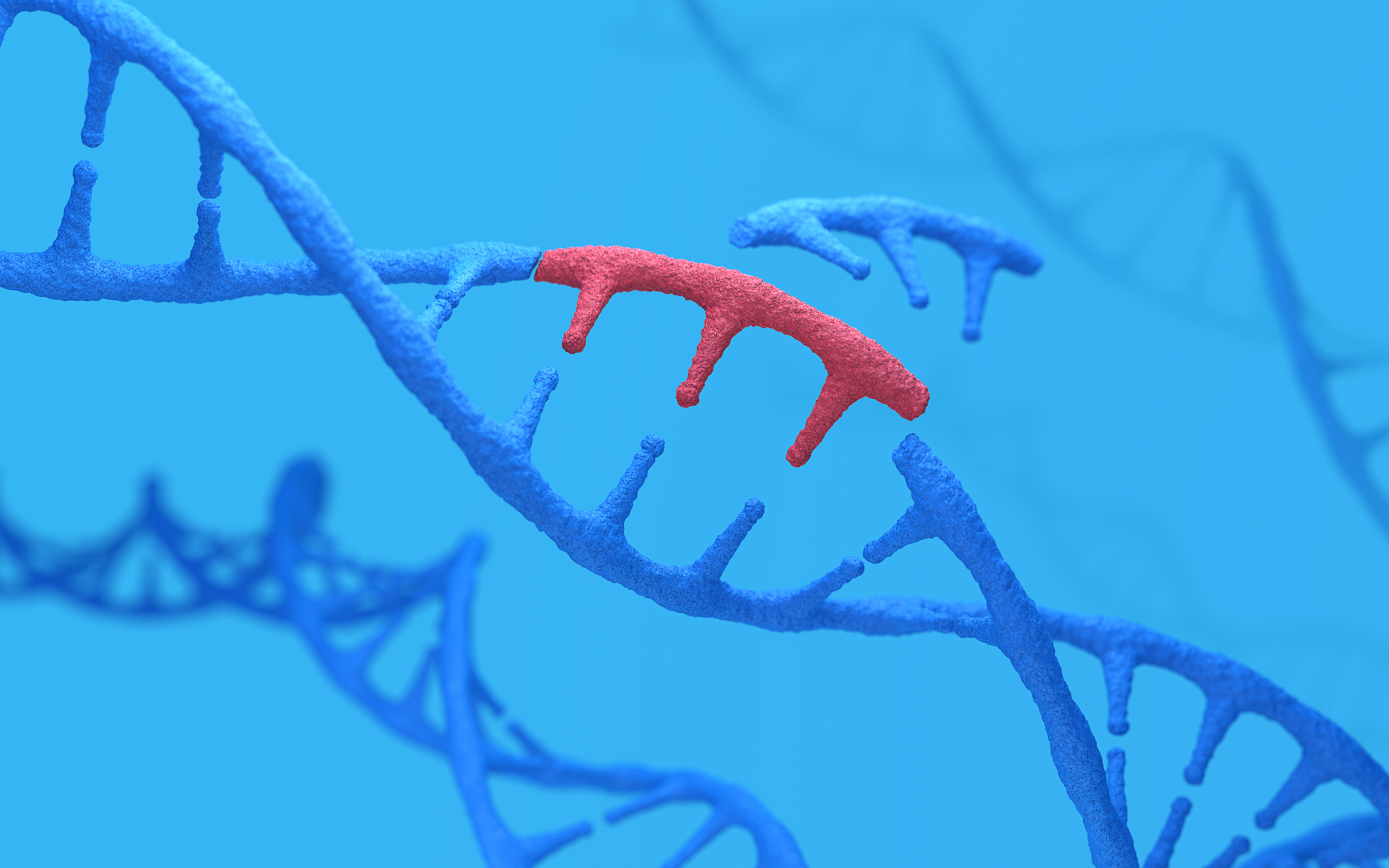
More than
45 million people worldwide suffer from Alzheimer's disease (AD) or dementia. The costs are staggering, and no cure exists. Development of new therapies has been challenging, with many promising new drugs
failing in late stage clinical trials.
Inducing Immune Response in AD Mouse Models
Interest in new therapeutic pathways was piqued in 2016, when Baruch et al. reported that PD-1 checkpoint inhibition induced an immune response leading to amyloid-β plaque clearance and memory improvements in a
mouse model of AD1.
Immune checkpoint inhibition is a strategy that has led to multiple blockbuster cancer immunotherapies, including
Keytruda® (pembrolizumab) and
Opdivo® (nivolumab), and the preclinical research community received these initial findings with excitement.
PD-1 Inhibition Strategy Fails to Replicate
“...there is no reproducible, preclinical evidence that supports inhibition of PD1 checkpoint signaling as a treatment for Alzheimer's disease.”
— Latta-Mahieu et al.
In a new article in the journal Glia, "Systemic immune-checkpoint blockade with anti-PD1 antibodies does not alter cerebral amyloid-β burden in several amyloid transgenic mouse models," researchers from three pharmaceutical companies report negative results from PD-1 immunotherapy in Alzheimer's disease mouse models
2.
Neuroscientists from Sanofi, Eli Lilly and Janssen sought to confirm previous reports that PD-1 inhibition improved disease in AD models. For this study, they used three different PD-1 blocking antibodies as well as several different transgenic mouse models of AD:
- Sanofi ThyAPP/PS1M146L3
- Janssen ThyAPP/PS1A246E4
- Lilly PD-APP (APPV717F)5 bred at Taconic Biosciences
Latta-Mahieu et al. reported that PD-1 blockade induced a systemic immune response in the ThyAPP/PS1
M146L mice but did not reduce amyloid plaque burden in any of the three transgenic AD models
2. Thus three different industrial groups were unable to replicate the effects reported by Baruch et al
1.
Possible Reasons for Failure in AD Models
The authors noted that Baruch et al. used different GEM strains, with different genetic backgrounds (5xFAD
6 and APP/PS1Δe9
7) compared to the ones used in the current study, and that background inflammation related to gut microbiota could be another key difference. Overall, their conclusion was that "there is no reproducible, preclinical evidence that supports inhibition of PD1 checkpoint signaling as a treatment for Alzheimer's disease
2".
 Watch the Related Taconic Biosciences' Webinar:
Watch the Related Taconic Biosciences' Webinar:
 Read the Related Taconic Insights:
Read the Related Taconic Insights:
References:
1. Baruch, K.; Deczkowska, A.; Rosenzweig, N.; Tsitsou-Kampeli, A.; Sharif, A. M.; Matcovitch-Natan, O.; Kertser, A.; David, E.; Amit, I.; Schwartz, M. Nature Medicine 2016, 22 (2), 135-137.
2. Latta-Mahieu, M.; Elmer, B.; Bretteville, A.; Wang, Y.; Lopez-Grancha, M.; Goniot, P.; Moindrot, N.; Ferrari, P.; Blanc, V.; Schussler, N.; Brault, E.; Roudières, V.; Blanchard, V.; Yang, Z.-Y.; Barneoud, P.; Bertrand, P.; Roucourt, B.; Carmans, S.; Bottelbergs, A.; Mertens, L.; Wintmolders, C.; Larsen, P.; Hersley, C.; Mcgathey, T.; Racke, M. M.; Liu, L.; Lu, J.; Oneill, M. J.; Riddell, D. R.; Ebneth, A.; Nabel, G. J.; Pradier, L. Glia 2017, 66 (3), 492-504.
3. Blanchard, V.; Moussaoui, S.; Czech, C.; Touchet, N.; Bonici, B.; Planche, M.; Canton, T.; Jedidi, I.; Gohin, M.; Wirths, O.; Bayer, T. A.; Langui, D.; Duyckaerts, C.; Tremp, G.; Pradier, L. Experimental Neurology 2003, 184 (1), 247-263.
4. Dewachter, I.; Dorpe, J. V.; Smeijers, L.; Gilis, M.; Kuipéri, C.; Laenen, I.; Caluwaerts, N.; Moechars, D.; Checler, F.; Vanderstichele, H.; Leuven, F. V. The Journal of Neuroscience 2000, 20 (17), 6452-6458.
5. Johnson-Wood, K.; Lee, M.; Motter, R.; Hu, K.; Gordon, G.; Barbour, R.; Khan, K.; Gordon, M.; Tan, H.; Games, D.; Lieberburg, I.; Schenk, D.; Seubert, P.; Mcconlogue, L. Proceedings of the National Academy of Sciences 1997, 94 (4), 1550-1555.
6. Oakley, H.; Cole, S. L.; Logan, S.; Maus, E.; Shao, P.; Craft, J.; Guillozet-Bongaarts, A.; Ohno, M.; Disterhoft, J.; Eldik, L. V.; Berry, R.; Vassar, R. Journal of Neuroscience 2006, 26 (40), 10129-10140.
7. Jankowsky, J. L.; Fadale, D. J.; Anderson, J.; Xu, G. M.; Gonzales, V.; Jenkins, N. A.; Copeland, N. G.; Lee, M. K.; Younkin, L. H.; Wagner, S. L.; Younkin, S. G.; Borchelt, D. R. Human Molecular Genetics 2004, 13 (2), 159-170.
 More than 45 million people worldwide suffer from Alzheimer's disease (AD) or dementia. The costs are staggering, and no cure exists. Development of new therapies has been challenging, with many promising new drugs failing in late stage clinical trials.
More than 45 million people worldwide suffer from Alzheimer's disease (AD) or dementia. The costs are staggering, and no cure exists. Development of new therapies has been challenging, with many promising new drugs failing in late stage clinical trials.
 Read the Related Taconic Insights:
Read the Related Taconic Insights:





.jpg)

.jpg)
.jpg)
.jpg)
.jpg)





.jpg)
.jpg)


.jpg)



.jpg)




.jpg)

.jpg)
.jpg)




